When was the last time you truly slowed down? Text messages, emails, phone calls, notifications … you can “silence” them all, but it’s not so easy to tame the hustle and bustle of a noisy life. Or is it? One of the industry’s hottest travel trends says — or should I say whispers — “It can be.” You just need to know where to look.
Enter quiet travel, the in-demand vacation craze that’s acting as a fresh treatment to one of life’s most common ailments: the fact that, sometimes, the world is simply too loud. Also referred to as “silent travel” or “calmcations,” whether it’s combatting the noise inside a busy mind or quite literally escaping the chaos of one’s surroundings, this trend embraces Earth’s most peaceful places, allowing participants to turn the volume down and reap the benefits of some good old-fashioned tranquility.
Interestingly, this shared yearning to hit the mute button isn’t new. In fact, data from visual discovery platform Pinterest shows people have been craving the concept of quiet travel for a while now, with the company writing in its 2024 Travel Report that “the quest for a quieter, more serene lifestyle is rising, with searches for ‘quiet life’ soaring by 530%” on the site. Similarly, the platform shared searches for “quiet places” and “calm places” increased by 50% and 42%, respectively, reflecting the demand for a trend that has done anything but fizzle over time.
If you’re ready to hang a metaphorical “do not disturb” sign on the doorknob that is life, come with us as we explore rising calmcation destinations, the potential health benefits of quiet travel and how one brand is helping its customers silence the noise.
Calm the Mind, Calm the Body
Nothing quite compares to the “feel-good” effect of a proper vacation. From the excitement of a change in routine to the mood-boosting powers of new surroundings, flavors and cultures, it’s no surprise the act of traveling is widely believed to have a positive impact on both the mind and the body. In fact, according to Smitha Bhandari, MD, an editorial contributor for WebMD, decreased stress levels, improved mental health, increased creativity and enhanced memory are all medical benefits of travel. Pair this with the advantages associated with immersing oneself in a quiet environment, such as lower blood pressure, improved concentration and focus, calmer thoughts, reduced cortisol levels, better sleep and more, and it’s not hard to see why people are saying silent travel is good for the body and the soul.
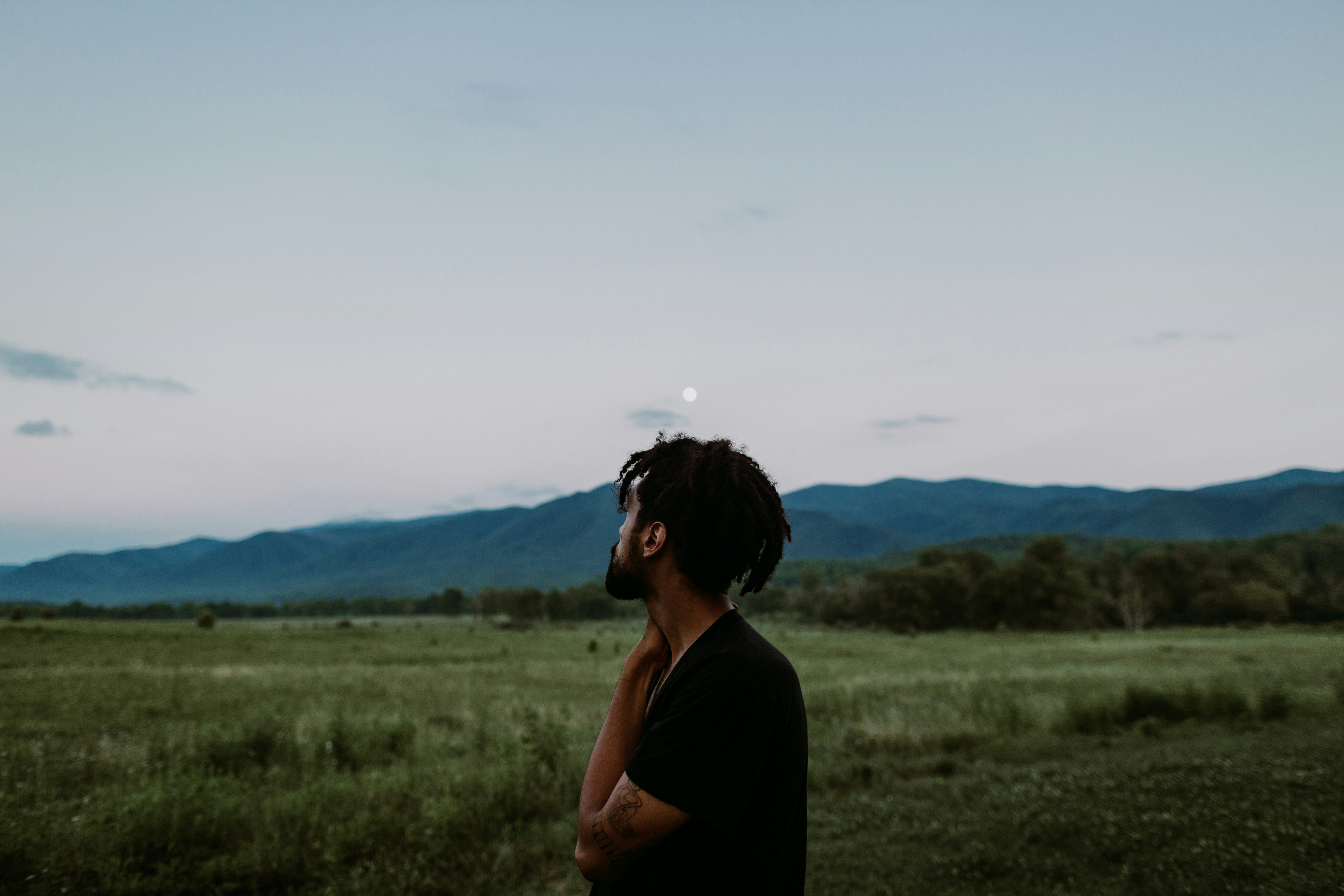
Turning Down the Volume
Whether they’re centered around themes like days spent in total darkness, unplugging from technology, regular meditation, healthy eating or staying completely silent, there’s a corresponding retreat for seemingly every wellness niche, and quiet travelers are loving it! Going beyond the notion of simply escaping the commotion of it all, people are looking to calmcations to be a catalyst for introspection, a way for them to connect with themselves and their greater surroundings. And, with no shortage of retreats to choose from, people don’t need to go far from home to join the movement, although with the Global Wellness Institute predicting a 17% annual growth in wellness tourism through 2027, they can certainly hop on a plane to find their Zen — in whatever form it may take — on nearly every continent.
Similarly, as the inverse of pulsing cities and hectic schedules, natural places are like a magnet for quiet travelers, with remote destinations drawing crowds eager to practice “silent walking,” a fad that gained steam on TikTok in 2023. And with more people hitting the trails sans phones and verbal commentary, it seems the silent walking trend has arrived in the travel industry too, with some vacationers planning hushed hiking experiences in places like Namibia, Ecuador, Taiwan, England and even U.S. states like Minnesota, Oregon and Alaska.
One resource that’s helpful for finding natural places with less noise is Quiet Parks International (QPI), a non-profit dedicated to “saving quiet for the benefit of all life” that aids in identifying and protecting the Earth’s last truly peaceful places. According to QPI, the benefits of silence are worth fighting for, and travelers can turn to its website to browse destinations that have been honored with it’s Quiet Public Spaces award which includes categories like: “Wilderness Quiet Parks,” “Urban Quiet Parks,” “Quiet Trails,” “Quiet Conservation Area” and “Quiet Marine Parks.”
Finally, travelers are cutting out the noise by narrowing down their party size to the magical number of one. That’s right, solo travel remains a major theme in the industry, and it seamlessly integrates into the quiet travel trend as more and more vacationers feel empowered to hit the road unaccompanied. Returning to Pinterest’s report, the platform noted a 35% increase in searches for the term “solo travel,” saying, “Solo travel emerges as a liberating choice, granting individuals the freedom to craft their itinerary, pace, and priorities without compromise. Whether basking in the tranquility of a secluded beach or meandering through serene countryside landscapes, these experiences contribute to self-care and overall well-being.”
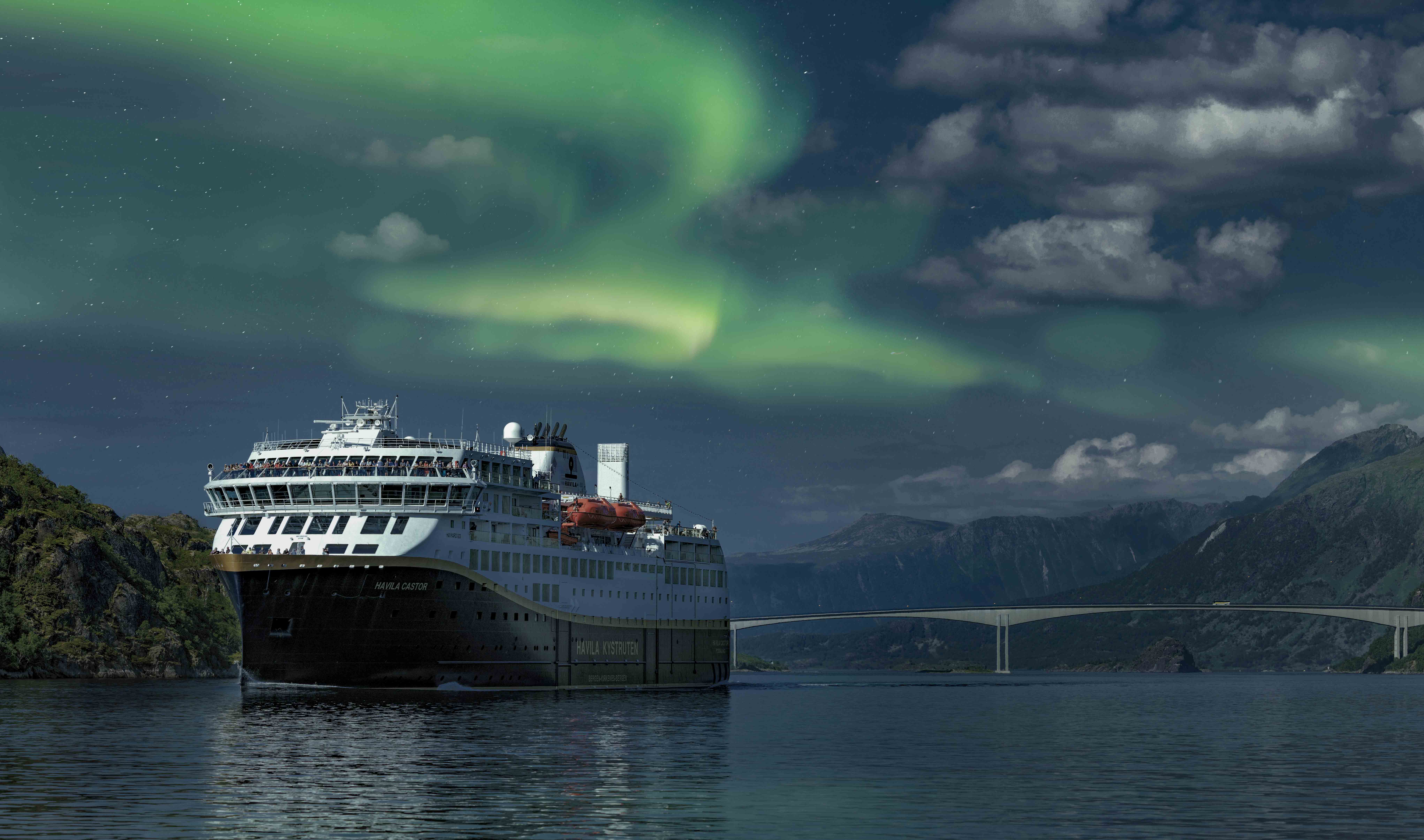
Peace on Quiet Waters
Vacationers aren’t the only ones finding inspiration in the quiet travel trend. In fact, Havila Voyages, a family-owned, sustainably operated Norwegian coastal cruise ship company, created its “Noise Forecast” campaign, which uses a series of sound measuring stations placed along the country’s shoreline to compare the calming sounds of Norway to those of major international cities, around the movement. ”We think quietness, clean air and untouched nature all play a part in why travelers locally and nationally choose Norway,” said Lasse Vangstein, chief communications and sustainability officer at Havila Voyages.
But the sustainable-minded cruise line didn’t stop there. Instead, it paired its Noise Forecast with an exclusive Spotify playlist that showcases the relaxing sounds of the Arctic, instantly giving listeners a taste of the peace and quiet they might be craving. “The inspiring sounds found as part of the Spotify playlist are all recorded in areas you can experience in real life when traveling with Havila Voyages, like sailing through the Geirangerfjord, horseback riding on the beach in Lofoten, listening to the birds singing in their natural habitat in Øye, and more,” said Vangstein. “Whether joining one of our Northbound, Southbound, or roundtrip voyages, guests can opt from our 70 excursions offered at the different ports our ships make stops at along the way. All excursions are driven by creating a way for guests to immerse themselves in authentic experiences of nature, dining, and cultural features of the region.”
It’s a clever way to drum up people’s interest, and Vangstein says he thinks the quiet travel trend is one that’s certainly worth exploring. “We truly believe that calmcation is here to stay, and that everybody can benefit from winding down,” he said. “Escaping everyday hectic life and the noise of the cities is good for mental and physical health. We advise people to try it out, you will be astonished by what good it can do for you.”
Originally appeared in the Summer 2025 issue of The Compass magazine


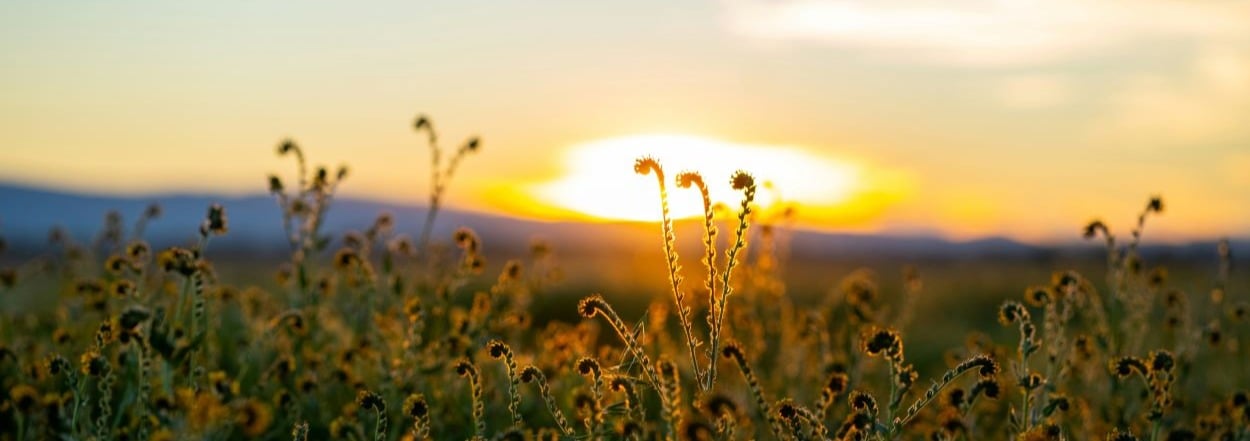

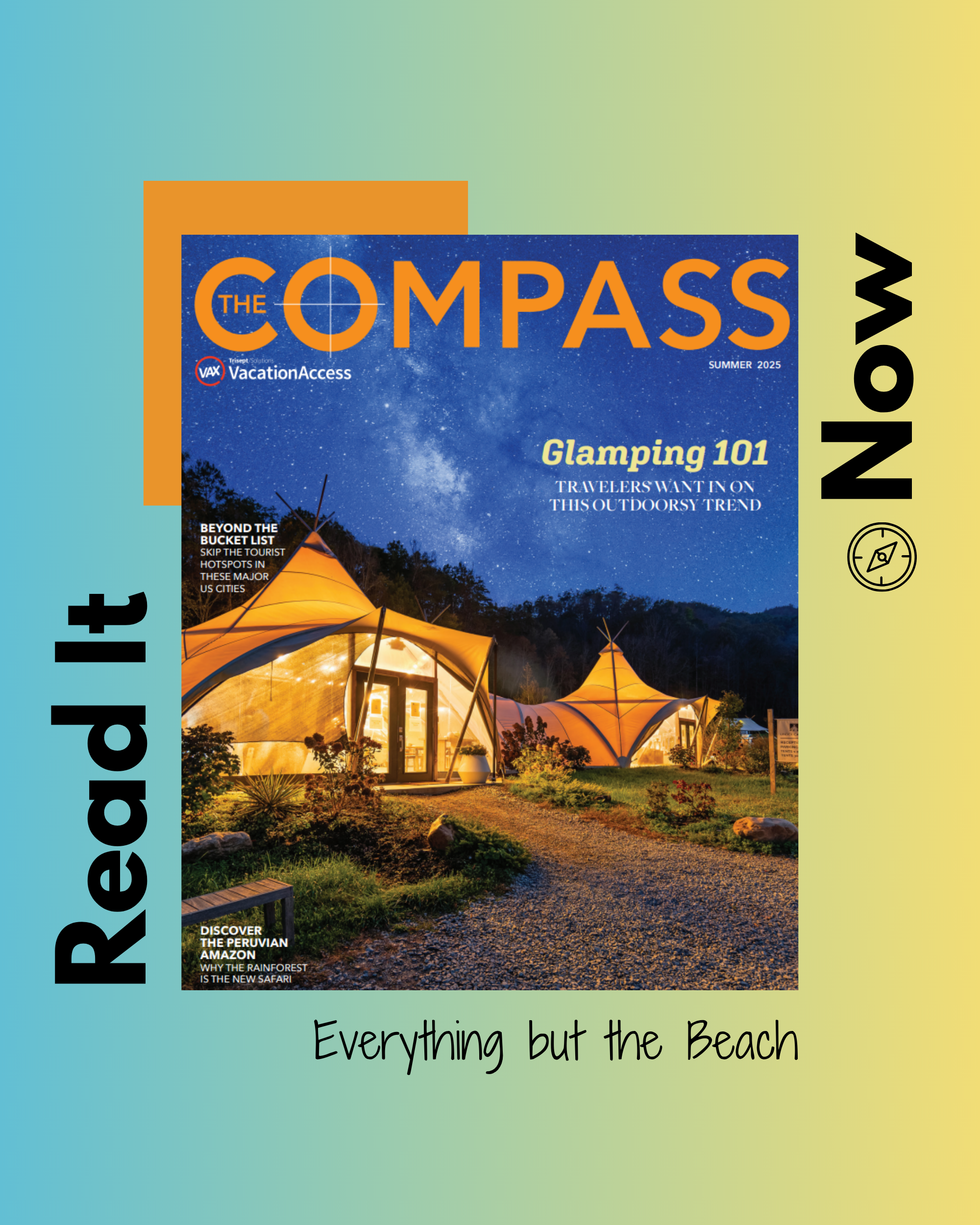
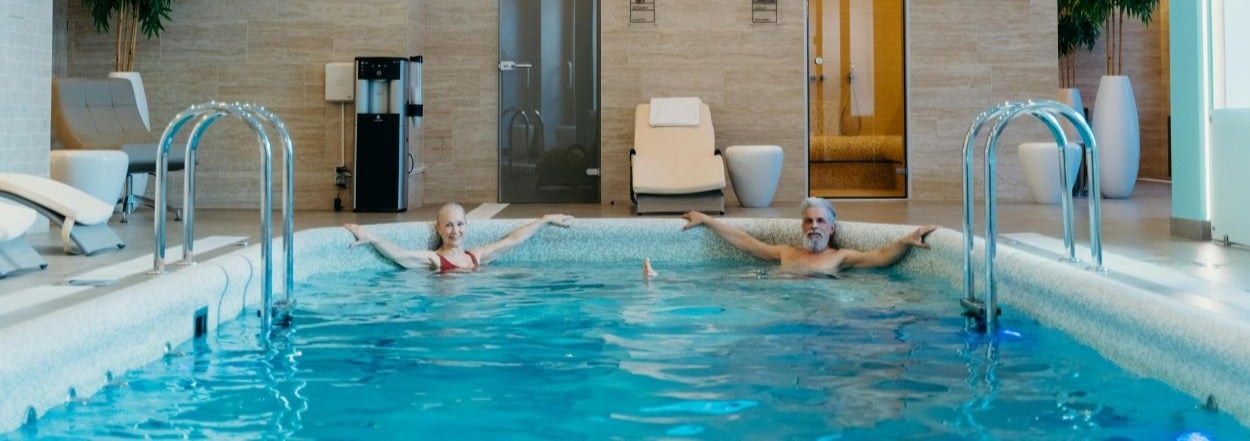

comments